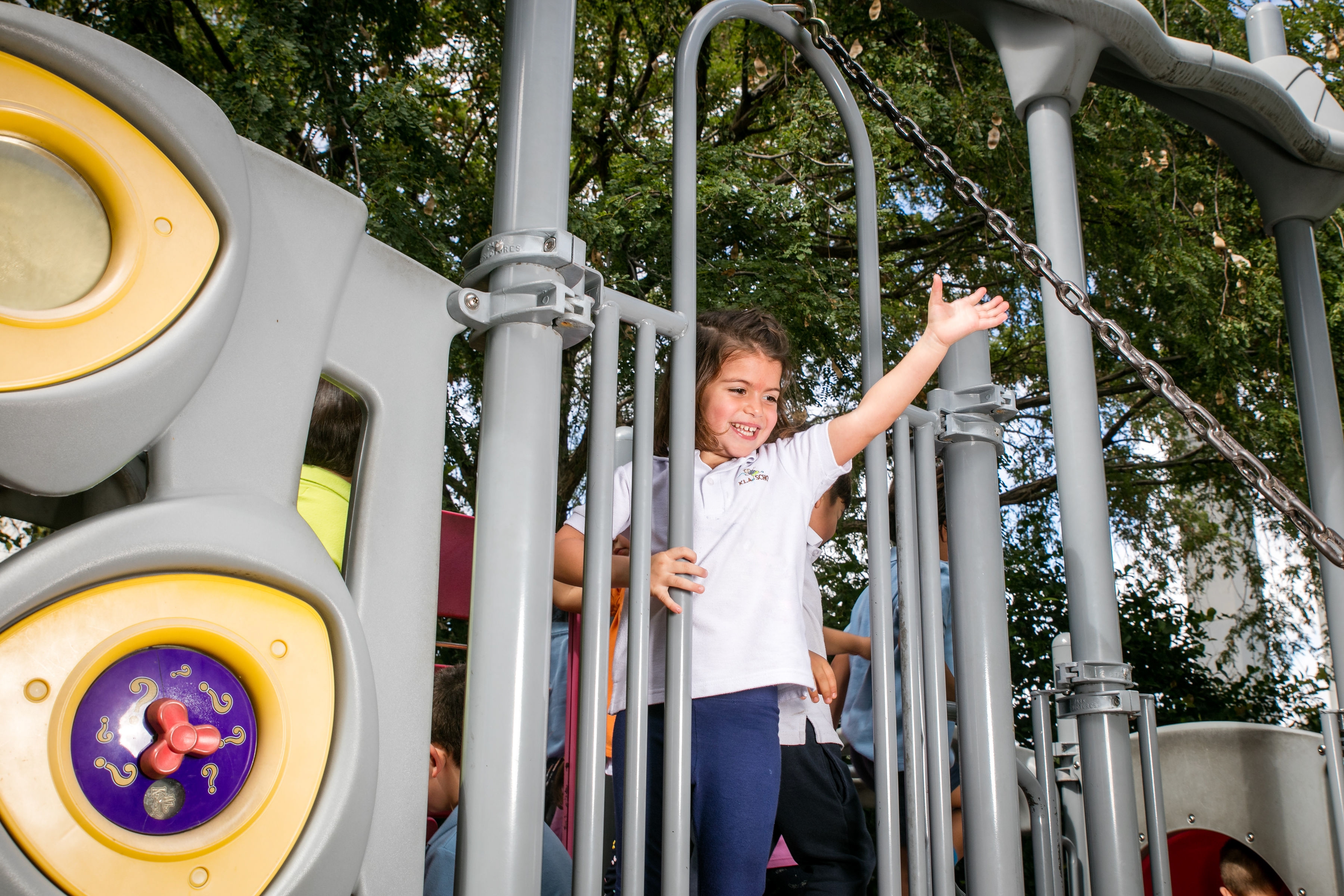Supporting Your Child in Making New Friends
Making new friends is an important aspect of early childhood. Not only will getting along with others help children have an easier time in social environments, but according to studies, “popular kids are good at interpersonal skills: empathy, perspective-taking, and moral reasoning.”
At KLA Schools children formulate their own ideas, draw conclusions, and share their knowledge in a collaborative learning environment.
Here are some ways you can help support your child in making new friends.
Encourage empathy in your child
Empathy is a foundational life skill. It will help your child build strong relationships, resolve conflicts, express gratitude, and behave ethically to others. Even very young children can learn this critical social mindset. Some ways you can encourage empathy in your child include reading books that demonstrate empathy, helping your child find common ground with someone, and showing empathy in pretend play.
Teach your child polite communication and active listening
Knowing how to have a conversation is an important skill that will set your child up for success in later work, school, and social situations. You can help your child learn this skill at home. Model healthy and respectful communication and encourage your child to do the same. Additionally, you can help your child practice things like waiting for their turn to speak, or asking questions.
For example, to teach respectful communication skills you can say, “I feel very tired today. Why don’t we read a book together instead of singing and playing music?” To encourage active listening you can have a pretend phone conversation with your child, and let them hear you do things like ask follow-up questions and show that you’re listening.
Have discussions about social situations
Often, young children don’t know how to ask for help with certain social situations, or they may not know how to put their question into words. Open-ended discussions about social scenarios can give your child a low-risk chance to practice. For example, you can say, “If you and your friend both wanted to play with the same toy, what could you do so you’re both happy?” or “What would you do if you noticed a new kid in your class who’s acting shy?”
Set, enforce, and respect boundaries
Practice enforcing boundaries at home in small ways. For example, if there’s a “no TV after dinner” rule and your child asks to watch a cartoon before bed, say no and stand firm. Additionally, it’s important to respect the boundaries children set for themselves, no matter how small. These actions will show your child that boundaries are a normal part of a relationship. They’ll develop confidence in themselves and build a healthy view of friendships.
Support learning through play
According to Kansas State University child development specialist Bradford Wiles, children “need to be able to play and interact. It makes a huge difference in their development.” Finding ways to support your child in fun collaborative activities with their peers will help them develop key social skills and learn through play.

